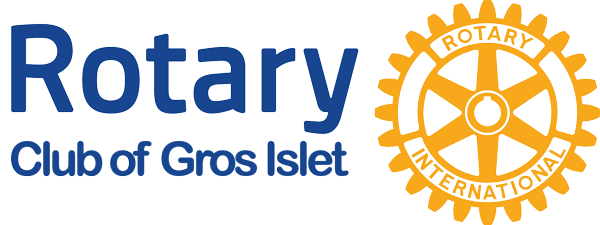Global Movement Needed to Reverse Water Crisis
Global movement needed to reverse water crisis
This year's World Water Summit on 27 May in Seoul highlighted the progress being made:
- Over the last 25 years, more than 2.5 billion people gained access to improved drinking water, and 2 billion who didn't have adequate sanitation now do.
- Child deaths from water-related diseases dropped from 1.5 million to just over 600,000.
- The UN Millennium Development Goals' target for clean drinking water was met five years ahead of schedule.
But for the 1.8 billion people whose drinking water remains contaminated and the 2.4 billion without access to proper sanitation, progress is still too slow, said Vanessa Tobin, director of water and sanitation for Catholic Relief Services and one of the event's main speakers.
Mirroring the polio eradication movement
"We need a movement," Tobin declared, saying it should follow Rotary's polio eradication model. "Polio was universal and everyone had one aim: eliminate every case in the world. We need to set a goal that by 2030 every child has safe water and sanitation for life.
"Water and sanitation must be at the top of each country's development agenda," she said.
Gary White, chief executive and co-founder of Water.org, agreed and told attendees that charity alone won't solve the global water crisis. White said that it would take five years and $1 trillion to provide and maintain safe water access for all, but international aid totals only $8 billion each year. His organization is making it possible for people in need to help pay for their own clean water and sanitation.
"People who live in poverty or are coming out of it in developing countries want to pay for water security, not just for practical purposes, but for social and financial purposes," White said.
His organization established WaterCredit, a microfinance program that offers loans to families in need of water connections or toilets. The program's repayment rates exceed 99 percent.
"Giving people the capital to ensure water security gives them the dignity they want and need," he added.
Matching expertise with action
The water summit, the eighth convened by the Water and Sanitation Rotarian Action Group, seeks to match industry expertise with Rotary service projects.
Francis Barram, a member of the Rotary Club of Centurion in South Africa, came to the water summit to find partners for a project to clean up sewage-filled rivers in Johannesburg.
"People here [at the water summit] are passionate about finding solutions for clean water. And more importantly, they know what they're doing," said Barram, who joined the Rotarian Action Group last year. "Our club found the need, and we can pull together the support, but we need the technical know-how. This event can help me find that."
Breakout sessions focused on sustainable strategies for getting clean water and sanitation in schools, partnerships, financing, climate change, and safe drinking water systems. Other speakers included Deuk-Mo Chung, director general of the Seoul Water Institute, and Sanjay Wijesekera, chief of Water, Sanitation, and Hygiene for UNICEF.
- Learn more about the Water and Sanitation Rotarian Action Group
- Follow all our convention coverage
- Browse exclusive photos
- Watch and share our videos


